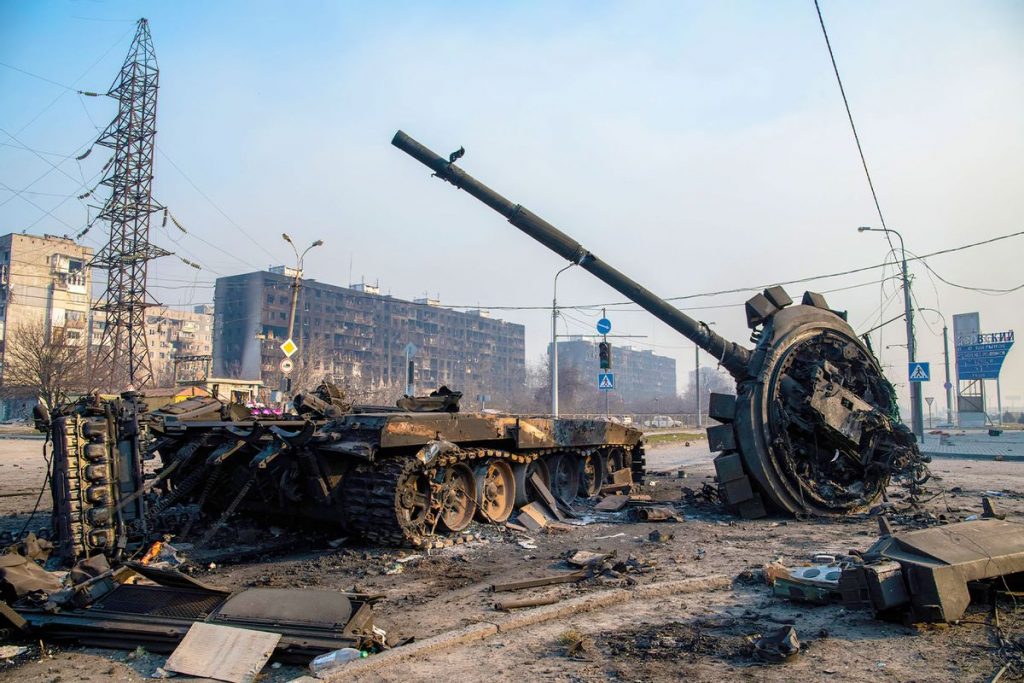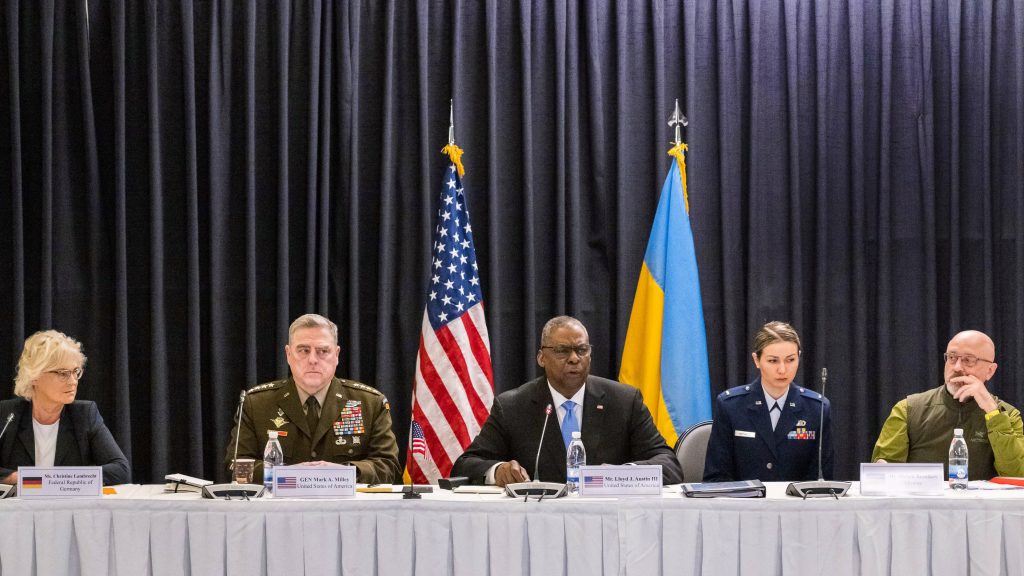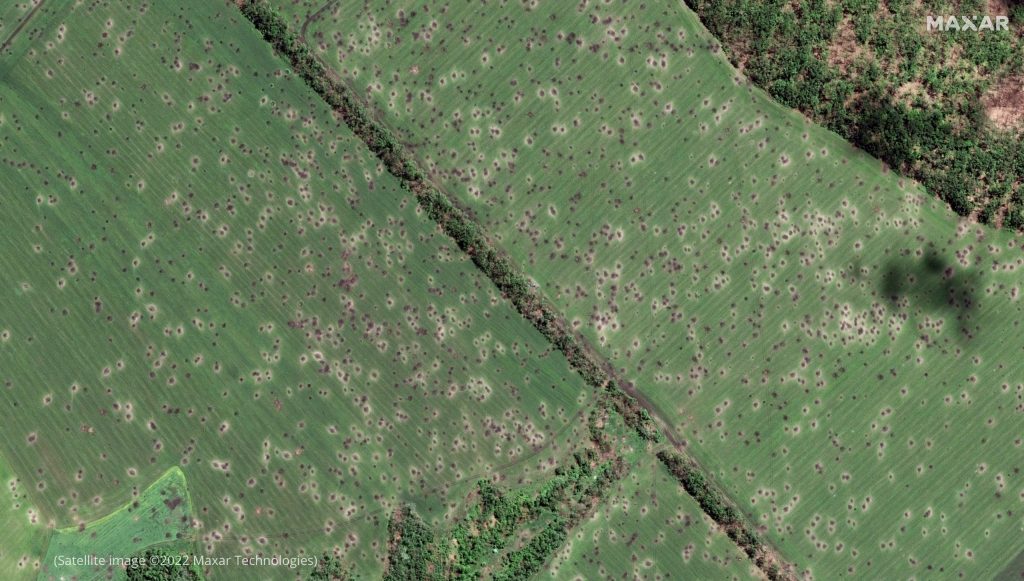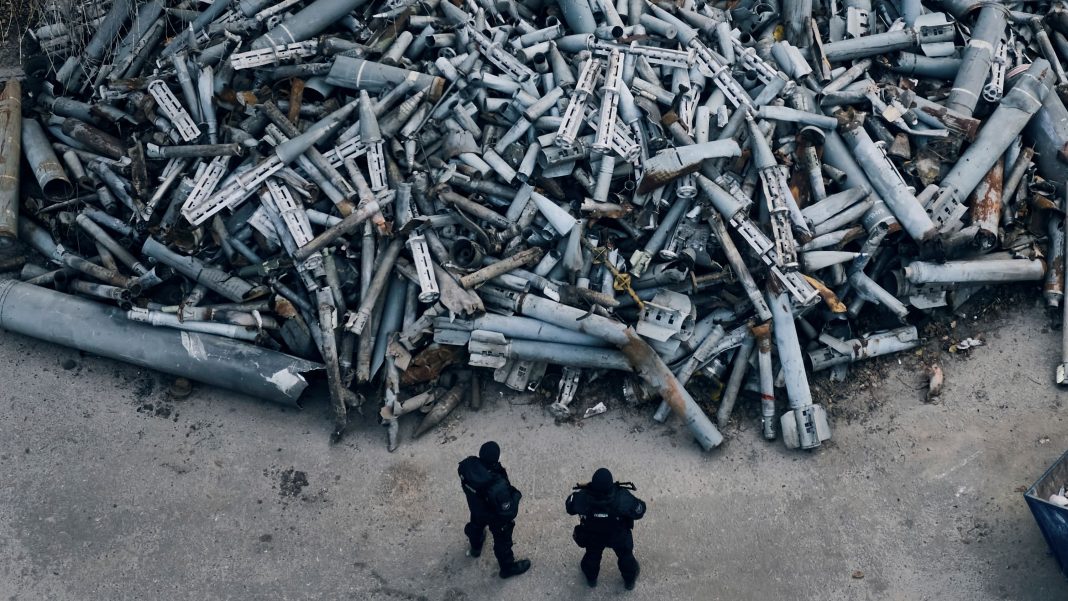Our history is closely related to conflicts, hostilities and wars because they were fought long before the appearance of writing. The first war recorded in world history dates back to 2700 BC. Appealing to recent history, it is natural to recall the two world wars that radically changed the world, establishing the balance of power that, although weakening, still remains preserved in the geopolitical arena. At the same time, we rarely mention less global conflicts that have far-reaching consequences for entire regions and continents.
After the end of the Cold War and the collapse of the Soviet Union, Western philosophers hastily announced the beginning of a new historical stage devoid of wars, conflicts and contradictions. At the same time, perhaps the most famous work of Francis Fukuyama, “The End of History”, demonstrated its fallacy almost immediately after its publication: wars on the world stage did not stop, only slightly transforming into hybrid formats considering the necessary goals. The unipolar world, with its dominance of liberal ideology, has not taken hold.
If you count the number of “peaceful days” (the time when there was no war in any corner of our planet), then in the period from 1945 to 2023, there will be no more than thirty of them. This indicator is very alarming, but simultaneously confirms Carl von Clausewitz’s opinion that war is an integral part of human history, ideological conflicts and the struggle for resources. At the same time, the period after the Second World War clearly demonstrates that new wars are often fought for resources but skillfully covered by ideology.
In a broad sense, the Russian-Ukrainian war differs from other similar conflicts only because it is being fought not somewhere on the African continent or in the Middle East but in the very centre of Europe. This factor is one of the most determined in the global public consciousness. Other aspects of war are no different from world conflicts: resource base, geostrategic prospects, logistics routes and production potential.
Generally, it is worth highlighting two main dimensions of war: global and local. The first, the main principles of which are outlined above, is characterised by particular cynicism and a complete lack of reflection on human sacrifices, social upheavals, environmental consequences and domestic disasters. In this dimension, there are only goals, the ways of achieving which do not consider the concepts of humanity or humanity. Achieving or not achieving the set goals is of strategic importance.
The local dimension is always built on human experiences, patriotism, ideological preferences and political slogans. In this dimension, the death of each individual person is a tragedy (and not a statistic, as in the global dimension); the core values are given to every meter of territory, every building, and every living being. In this dimension, the spirit of war is determined, cultural heritage is formed, heroes are celebrated, and a new interpretation of historical events and facts is created, based on which new pages of the history of states and societies are produced.
Paradoxically, the local dimension always pushes back against global goals. At the same time, achieving global goals often depends on the effectiveness of the functioning of the local dimension. This kind of circulation allows you to confuse all the cards, influencing the public consciousness so that everyone is sure that he knows the truth, understands the whole system of tricks and under-the-counter games, and can easily distinguish truth from lies when reading the morning news feed.

Otto von Bismarck once said a recently famous phrase: “When the arguments run out, the guns start talking.” Accordingly, it can be assumed that diplomacy returns to the matter when the evidence appears. And although it is not a secret for anyone that even during the bloodiest wars between the adversaries, lines of communication are constantly maintained, in the case of the Russian-Ukrainian war, it can be safely noted that the negotiation process has already started to be talked about in the Western media, as well as indirectly confirmed in the To the White House, specific arguments nevertheless appeared.
Analysing the war, its causes and consequences from the point of view of the global dimension, two fundamental theses can be identified at once. First, each of the global sides of the conflict achieved its result: the European energy market got rid of Russian dependence and found itself dependent on the American one; the African continent took another step on the way to finally getting rid of European colonialism and came close to Chinese colonialism; Russia, slamming the door loudly, made a U-turn towards Asia, where it actually faced the participation of a statist in the formation of regional policy; NATO has expanded its borders, but despite a series of declarations of consolidation, remains with former differences and imbalances, exacerbating the internal crisis.
Secondly, each of the global sides did not achieve its result: indeed, the unipolarity of the world system was shaken, but the multipolarity in the expected format never happened (it is important to note: it will happen, but later); Russia did not destroy the States, just as the States did not destroy Russia (although the big question is whether such a task was before the states); China remained significant, but not the greatest, its economy faced new challenges and threats. The term “Global South” began to be used more often in the geopolitical dimension. Still, the Global South itself never became a subject player in the geopolitical arena.
In essence, in the global sense, all parties to the conflict faced a dilemma: either the search for a compromise with a partial rejection of the initial positions or the final crossing of all borders without any principles and agreements. One and a half years of war in Ukraine demonstrated that no one was ready for the second option. Good old diplomacy with a multi-level system of agreements, concessions and compromises remains a priority tool in foreign policy.
At the same time, it should not be denied that all global parties to the conflict are still preparing for the second option. The relaunch of the military-industrial complex on a global scale, the “disposal” of old weapons and their complete renewal, the approval of new military doctrines and constant appeals to nuclear weapons clearly cannot indicate that shortly, our planet will experience peaceful coexistence and development in conditions of complete harmony.
Let’s look at the war from the point of view of the local dimension. The senselessness of its further continuation for all sides, except for Ukraine, becomes evident. First, in this dimension, Russia lost the war on its fourth day, when the promise to “take Kyiv in three days” was not fulfilled: in this sense, it is the ideological and emotional aspects that are important. All subsequent events may be understandable and logical from the point of view of the global dimension. Still, they demonstrate weakness, limitation and confusion in the local dimension.
Second, the war was too long for the United States as well. The presence of problems with the supply of weapons, the low effectiveness of sanctions pressure, and the growing difficulties in finding a consensus with other allies and partners within the North Atlantic Alliance are increasingly becoming a burden for Washington. Undoubtedly, the US has always been adept at using war to solve domestic problems. Still, when the risks of an economic crisis subsided. The military-industrial and energy lobbies became complacent, and the realisation came that war carries more threats than benefits.

Third, there are many other overlapping areas of interest. They require constant attention and distraction. The strengthening of China’s position in the Middle East, Africa, and Latin America clearly causes concern in Washington. In fact, just as Moscow cannot effectively implement its “policy” in Asia, Syria, Africa, and the Arctic. Moreover, both states are entering the finish line of the presidential race, which is an essential aspect of the geopolitical arena.
In this dimension, the most critical are the positions of Ukraine itself, which remains in a much more oppressive position regardless of geopolitical moods and prospects. And here, it is unimportant what caused the war or whose interests are being defended. The only thing that matters is that civilians are dying daily, a large part of the country’s territory is becoming uninhabitable, the economy is collapsing, and the wave of migration is increasing. Those aspects are not taken into account in the global dimension.
After 500 days of war, the world is increasingly talking about negotiations. The leading states proposed their peace plans, nominating themselves as mediators in the future process. At the same time, the issue of territorial integrity, which fully complies with all international norms and agreements, remains a fundamental issue for Ukraine.
Recently, we have witnessed a significant change in Russia’s position regarding the local dimension. The Russian president’s rhetoric is no longer based on familiar ideological dogmas. The concept of “Russian peace”, which was so diligently “protected” and “promoted” for many years, actually lost its relevance. Gradually, they began to forget about the Russian-speaking population of the eastern regions of Ukraine, which, according to the Kremlin, needed protection and received it in the form of a full-scale war on the territory of Donbas.
Moreover, one of the results of the recent “Prigozhyn’s Riot” was the demonstration that the word of the Russian president is above any laws and legal norms. Of course, a similar norm applies in any state. Still, Putin’s command to close the case against Yevgeny Prigozhin looked like a frank demonstration to the external audience that any other decision can be cancelled with the same ease, even if it concerns the recognition of new territories. In the near future, we can observe such a variant of the development of events.
In this case, the question: “What will people say?” is absolutely not important; the question is much more important: “What is the new strategy of Russia?”. And despite, in many respects, the completely illogical behaviour of the Kremlin, it is still worth trying to form the framework of Russia’s new strategy.
We can already confidently say that Russia’s series of failures in Ukraine will not lead to a decrease in its ambitions and appetites. You should not count on the lack of resources for further warfare. It must be recognised that recently the Russian economy has been completely rebuilt on military lines, the military-industrial complex works in several shifts, the mobilisation resource allows to assemble a million-strong army, and the presence of close ties with China, Iran, Turkey and the states of Central Asia allows to find loopholes within sanctions restrictions and receive the necessary electronics for the production of high-precision weapons. Moreover, as before, there are types of weapons that Russia has not yet used in the war against Ukraine, and it is not only about nuclear weapons.
In essence, Russia is preparing for a global war that could spread far beyond the borders of Ukraine. Talks about nuclear weapons and their use to defeat conditional “decision-making centres”, which, according to numerous statements of the Kremlin, are located in NATO countries, are either a desperate and absolutely senseless attempt at blackmail, which completely destroys Russia’s nuclear potential or an actual demonstration of plans to be implemented which most Western leaders do not take seriously enough.
The placement of nuclear weapons on the territory of Belarus, as well as the transfer to the neighbouring country of the most experienced fighters from the “Wagner” PMC, the strengthening of cooperation with Iran, which is accompanied by regular flights of transport aircraft between Moscow and Tehran, the strengthening of the intra-state power bloc and the renewal of the country’s military leadership, can testify to that the Russian-Ukrainian war for Moscow is only a cover in preparation for more global hostilities.
Of course, the implementation of such a strategy depends on many factors, including the results of the negotiation process at various levels. In any case, it can be stated that the Russian-Ukrainian war has wholly outlived itself and its potential in the global dimension.

The fog of this war will hang over Europe for a long time, raising many questions, the answers to which will be as meaningless as the war itself. Philosophers and analysts will offer us many theories and models in which everyone will find their own truth. Politicians will provide arguments with the help of which each side will be able to declare victory and convince their electorate of this victory. Historians will choose the correct interpretation of one or another event, which will allow forming the necessary opinion in future generations.
At the same time, the local dimension of the war remains relevant, with all its suffering, pain, losses and experiences. With all the weight that has fallen on the Ukrainian people, who will still have to win a difficult victory on the battlefield to not experience the bitter taste of defeat at the negotiating table.


